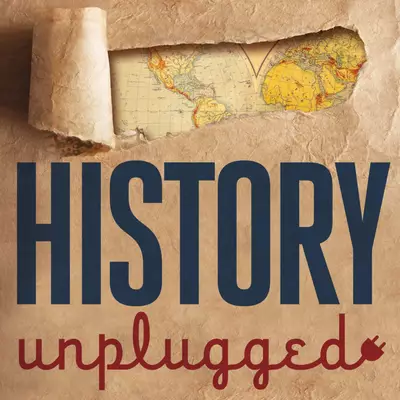Owning Land Was The Best – and Usually Only – Way to Be Rich in the Ancient World
For millennia, humans eked out survival atop the surface of the Earth and land had no unique value. Eventually, however, humans turned land into an advantage. For several thousand years, control of land meant control of natural resources, like water and wild animals. For several thousand more years it meant agricultural production, raising domesticated animals, harvesting timber. And finally, land became economic might invested in Kings, chiefs, and political leaders around the globe. Large landowners sat atop the pyramid of social hierarchy.
Today’s guest is Michael Albertus, author of “Land Power: Who Has It, Who Doesn’t, and How That Determines the Fate of Societies.” We see how modern history has been defined by land reallocation on a massive scale. From the 1500s on, European colonial powers and new nation-states shifted indigenous lands into the hands of settlers. The 1900s brought new waves of land appropriation, from Soviet and Maoist collectivization to initiatives turning large estates over to family farmers. The shuffle continues today as governments vie for power and prosperity by choosing who should get land.
See omnystudio.com/listener for privacy information.

